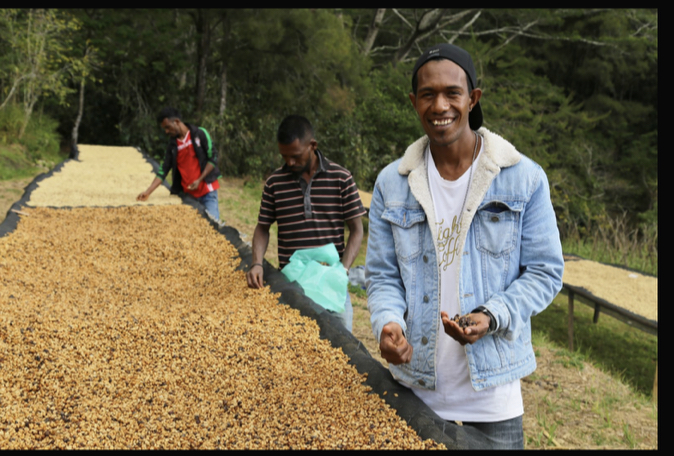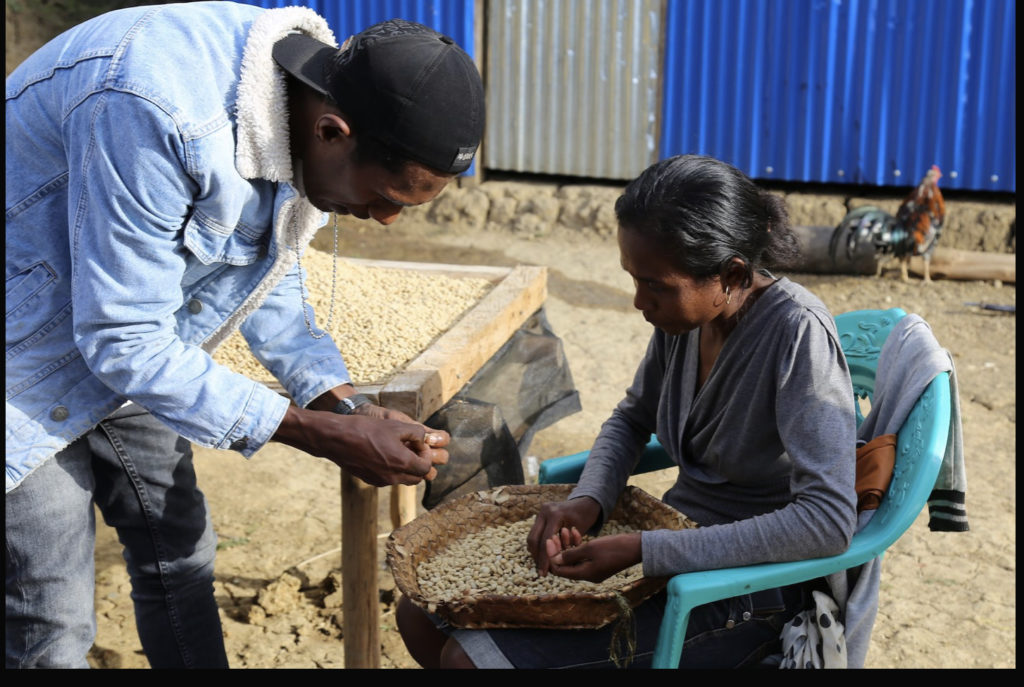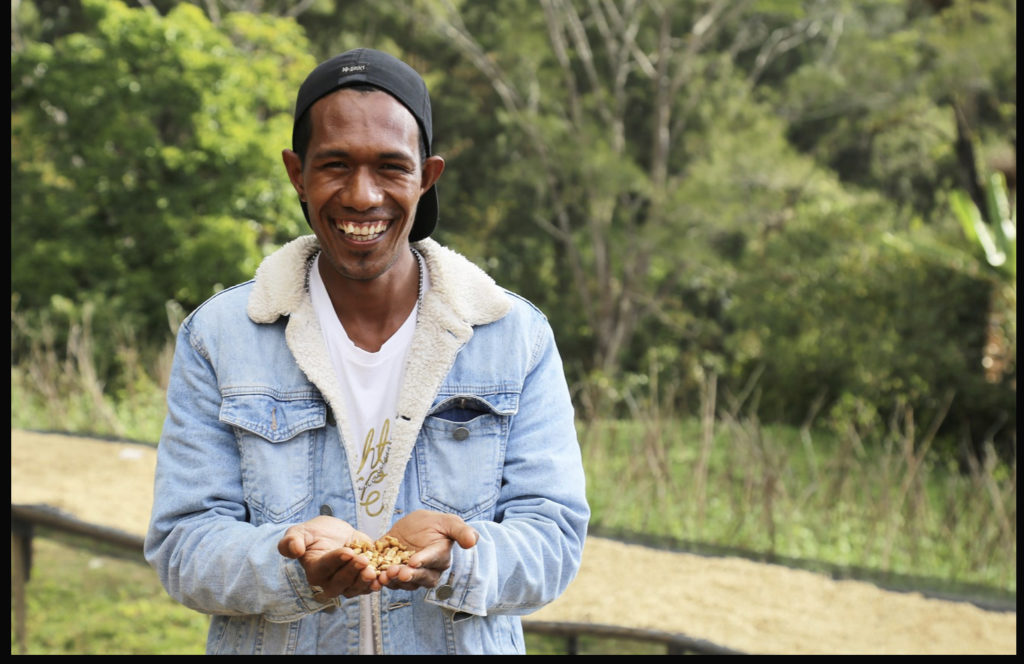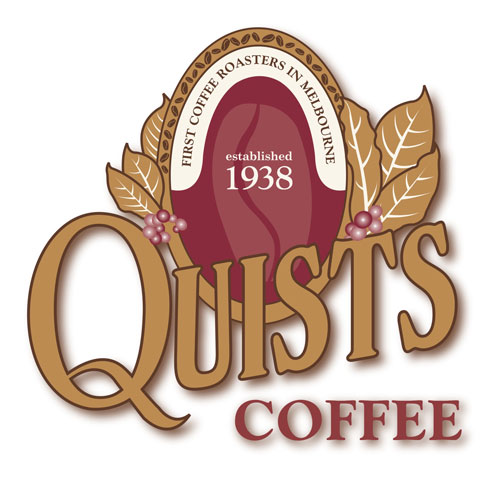
Mariano ‘Ameta’ Dacosta Alves is a 26-year-old coffee entrepreneur from Atsabe. No stranger to hardship, as a young boy, Ameta’s mother died. Shortly afterwards, his father was sent to prison, so Ameta was left to fend for himself. At 18, he went to Dili to complete his high school studies, but with no parental support living with his family in the city became very difficult. Ameta left the family home to go it alone.
With no money and nowhere to live, he took shelter along the Comoro river where he lived with other young men. This is where he slept and worked filtering the sand to be used to build houses while he completed his studies. He lived there two years.
In 2014, he started to work at local coffee business Café Letefoho, where he was first introduced to coffee production. With his humble, friendly manner he excelled as a barista, and was able to travel with the company to Bali, and later to Japan, to learn more about his profession.
“When I was working as a barista, I learned what the customer wanted. I learned how important the quality of the coffee was and I could see how processing was vital to make the right quality.”

From his experience overseas Ameta had an idea. Growing up surrounded by coffee, he wanted to set up his own coffee business, using the land that his family have and benefitting the communities in his area.
But with little more than fire in his belly for this new venture, he needed capital to get things started. So, in 2016 he applied and was successful in securing a place on the Australian Seasonal Workers Program.
For two months, he worked as a mango picker in Darwin where he saved enough money to buy a laptop, a motorbike, the wood and nets to set up his first coffee processing area in Atsabe. He then designed the packaging for his company and in 2017 Café Organiku Atsabe was born.
That was just the beginning. In June 2018, Ameta participated in coffee processing training run by Assosiasaun Cáfe Timor (ACT), supported by MDF. ACT is a body made up of 50 members from the coffee industry, working together to improve the quality and quantity of coffee in Timor-Leste. ACT supported Columbian coffee expert, Miguel Fejardo Mendoza, to run coffee quality training in Ermera and Atsabe for producers, retailers and baristas to improve their knowledge of the five key elements of coffee production: picking, cleanliness, floating, drying and storage.
“The training revolutionised my thinking about how I process coffee. I realised that I had to consider the altitude and climate and how it affects the fermentation process.”

He went straight back to his farm and implemented the knowledge that he had gained and shared it with his family. But Ameta had a vision that was bigger than just his family benefitting from this new knowledge. As a young man, he knew that it was going to be difficult to change the behaviour of other, more seasoned farmers in his region who didn’t understand the concept of quality. He decided that the most effective way to demonstrate the changes that were necessary was by implementing them himself for others to see.
In October 2018, Ameta didn’t just show people how important good processing practice was, he hit the ball out of the park and took first place in Festival Kafe Timor. Since then he has trained 26 farmers in his region on everything from picking to processing. He is passionate about sharing his knowledge and in his farm, he employs the local farmers and their families to help with washing, sorting and processing the beans.
“I am from Timor and I want families to benefit. I want the children to understand what I’m doing. I invite their families to come to learn about coffee.”

As he is seeing an improvement in the quality of the beans he is able to offer the farmers a higher price for their coffee and over 100 farmers in the area sell their beans to him. But Ameta wants the farmers to have an even greater understanding about the coffee that they grow. He currently uses the ACT cupping lab in Dili to test the quality of his beans and to understand what batches can be mixed together. The next step in his business journey is to set up a cupping lab in Atsabe, so that the farmers can taste and understand for themselves how flavour is affected by different elements, giving them greater satisfaction with the work that they do.
